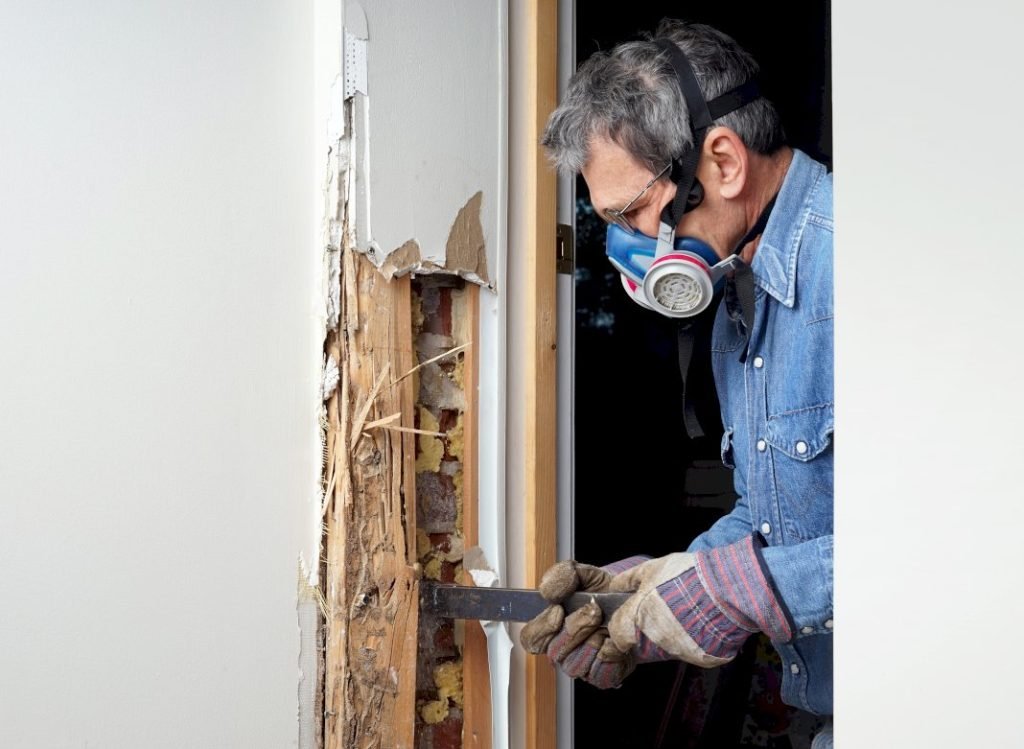- Molds are fungi that may cause structural damage and health issues in damp indoor environments.
- Prolonged exposure to high mold levels can lead to respiratory issues, allergies, and fungal infections.
- To prevent structural damage, keep humidity levels low and fix moisture problems quickly.
- Air purifiers and regular cleaning help reduce the presence of molds in the home.
- Contact a professional immediately if mold is suspected for proper assessment and remediation services.
Mold is a common household problem that has the potential to cause significant damage to your home and health. Molds are fungi that grow in damp and humid environments and often appear in bathrooms, kitchens, and basements. While some molds are harmless, others can cause serious health problems such as respiratory issues, allergies, and even infections.
What Are Molds?
First crucial that you need to know the biological structure of molds. Molds come from the same family as mushrooms and other fungi. They are made of filament-like structures called hyphae, which penetrate the surfaces they grow on. These filaments can reproduce and spread quickly across surfaces, forming colonies in a few days. Molds often appear blackish or green and produce a musty odor due to their release of spores.
How Does Mold Affect Your Health?
Mold can cause various health problems depending on the type and amount present. Inhalation of mold spores can trigger coughs, nasal congestion, headaches, or asthma attacks. Mold can also cause skin irritation and allergies for some people. Prolonged exposure to high mold levels can even result in fungal infections such as bronchitis. Additionally, it can also affect the general state of your home. Here’s how that may happen:
Structural Damage
Molds can cause significant damage to your home’s structural integrity by feeding on organic materials such as wood and drywall. When left unchecked, these molds can weaken the surfaces they grow on and eventually cause them to break down. To prevent such damages, keep the humidity level in your home below 60% and fix any leaks or moisture issues as soon as possible.

Health Hazards
Mold exposure can trigger various health problems, such as sneezing, coughing, and breathing difficulties. If you have a mold problem in your home, it’s essential to address it quickly, as prolonged exposure to mold can lead to severe health complications. Wear appropriate clothing, such as gloves and masks, when handling mold and ensure proper ventilation when cleaning.
Stains and Discoloration
Molds can leave unsightly stains and discoloration on walls, ceilings, and fabrics. These stains are often challenging to remove and may necessitate repainting or replacing the affected areas. To prevent discoloration, fix leaks, and increase ventilation in the affected areas.
Foul Odors
Molds have a distinct musty odor that can be unpleasant and embarrassing, especially when visitors come. If left unaddressed, the smell can linger and be difficult to eliminate. To avoid such odors, keep your home clean and dry, and fix any leaky pipes or water damage.
Property Value Reduction
Molds can significantly decrease your home’s market value if left unchecked. While some molds are treatable, homes with recurring mold problems may be challenging to sell. To avoid such a reduction, make sure your home is free of molds, fix any sources of moisture, and improve ventilation throughout the house.
Renovate Your Home to be Mold-Free
There are various ways you can prevent the growth of molds in your home. Here are some of those ways:

Improve Your Walls
Molds can grow on your walls, especially if it gets damp in winter and spring. One way to reduce this dampness is by installing a wall base. The base is made of highly mold-resistant materials such as polyurethane foam and can help keep your walls dry.
Install an Air Purifier
Air purifiers are great tools to reduce the amount of mold spores in the air. They are designed to filter out pollutants, dust, and allergens from the air, thereby reducing the presence of molds in your home. Installing one can be a great way to improve your indoor air quality and prevent future issues.
Regularly Clean Your Home
Molds grow where there is moisture and dirt, so it’s essential to clean regularly with bleach or disinfectant solutions. Vacuum often and wipe down surfaces such as countertops and windowsills to remove dust or food crumbs that may attract molds. Regular cleaning also helps eliminate existing molds and prevent their recurrence.
Mold can be a severe problem, but with the proper knowledge and preventive measures, it can be prevented from causing damage to your home or health. A better understanding of molds and how to keep them away from your property is crucial for your family life. If you think mold is present in your home, contact a professional immediately for proper assessment and remediation services. Remember, prevention is always better than cure!